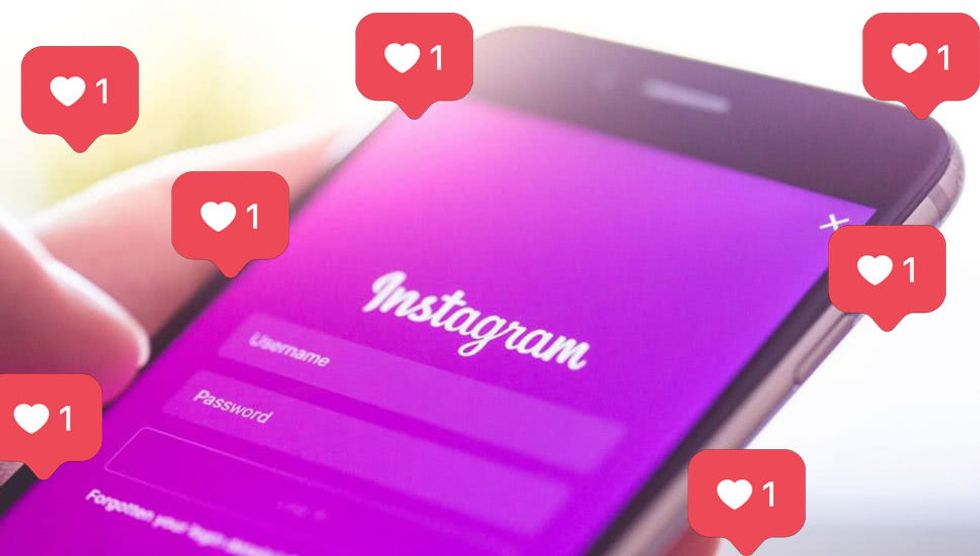"Oh my god he liked my photo!!!!!!"
"He commented heart eyes! I totally got it like that!!!!!!"
We live in a world where our self-assurance and validation are measured by how many likes we get on a selfie, how many comments we get on a bikini photo, how many followers we have on a false version of our real lives. How did we get to this point?
Instagram, Facebook, Snapchat… they were all created as a platform for people to stay connected and have a digital means of sharing the moments in our lives that we deem worthy of sharing. However, what it has become is so far from that.
We want to be the best, to look the best.
But why?
I would say our human instincts of dominating, of being superior and selfish, trick us more than we know.
The literal theory of evolution by natural selection is so rooted within us that it has even immersed itself within the little squares on our phones. We feel like if we don't have sufficient likes or comments on our feed, that we will never compete with others. Yet, this may all be about to change.
There has been recent discussion about Instagram taking away likes. They wouldn't be entirely gone, but only visible on one's personal account: others wouldn't see how many likes anyone else gets. The removal of likes has already processed on some people's accounts. It's a controversial update: many influencers believe it would make "catfishes" or scams more difficult to spot.
But what people don't realize, is, this could be a revolutionary step in transforming the repercussions of living in a social-media-dominated world. Less pressure, more acceptance.
Instead of posting what is "socially acceptable" – i.e., our best selfies, our hottest bikini photos, our photos that show the world that we actually DO have friends – maybe people would begin to post what they truly want to share with the world. If likes weren't a consideration, why would anyone worry about what they post? Instagram would become a better representation of what our reality is really like, it would become a better place for expression. Instagram wouldn't be a place where adolescents can simply hide behind their screens.
Without likes, teenagers would cease to seek validation through social media. 300 likes on a photo wouldn't confirm that we're "pretty", or "wanted": we would get these gratifications from being who we truly are in real life, and online. Maybe, just maybe, we could make Instagram less serious. We could make Instagram a place where we convey what matters most to us, and not just what we want people to believe matters to us.


















